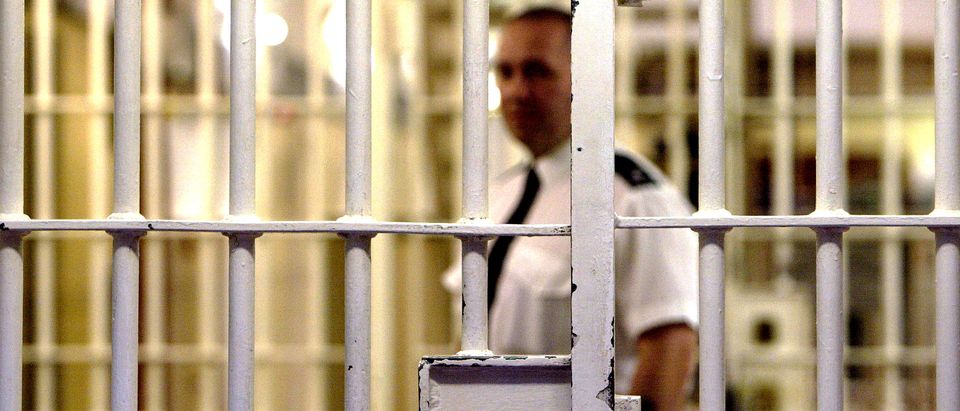Florida’s 13 million voters have a once-in-a-lifetime opportunity to help convicted felons who have paid their debt to society earn the right to vote, and to a second chance.
Called the “Voting Restoration Amendment,” or Amendment 4, this proposed constitutional article will grant most of the 1.7 million convicted felons the right to vote and help select their leaders for local, state and federal offices. That is a good thing. It makes sense.
To be eligible, these felons must complete “all terms of sentence including parole or probation.“ That means they would have paid restitution, court costs and fees, and completed community service, house arrest, jail, and/or prison sentences, plus any other special conditions of parole or probation.
Felons convicted of murder or a felony sex crime would not be eligible and would have to go through the regular executive clemency process.
Why is Amendment 4 on the November general election ballot? Because almost 850,000 current Florida voters and taxpayers across the state signed a citizen’s initiative petition to give all voters this good choice.
Those who signed span Florida’s political spectrum — not just registered Republicans and Democrats, but also Independents, members of one of the smaller parties, or “Non-Party Affiliated“ voters (NPAs). Amendment 4 has strong bipartisan and non-partisan support. That is a good thing. It makes sense.
Amendment 4 is good public policy and smart justice. Here’s why:
- Data from the Florida Commission on Offender Review proves that the vast majority of felons who get their voting and other civil rights back do not commit new crimes. They have learned their lesson and are trying to earn the second chance they have been given. On July 1, the Commission reported to the Board of Executive Clemency (made up of the governor and Florida Cabinet) that of the 992 felons who were granted restoration of civil rights in fiscal years 2016 and 2017, only one person was convicted of a new felony. (Yes, literally one out of almost 1,000 people.) If you consider data from the last seven fiscal years, a total of 5,344 felons were granted clemency restoration of civil rights and only 12 people were convicted of new felonies requiring state prison. Now that is smart justice.
- The reduction in the number of reoffending felons will have a positive $365 million economic impact, according to a credible economic study completed by the Washington Economics Group, based in Coral Gables. How? By leading to fewer prisons and more jobs and positive economic activity.
- Reduced prison construction and staffing costs will save $223 million. Florida taxpayers currently fund 56 major state prisons, numerous state prison annexes, camps and work release centers, 10 federal prisons and 67 county jails.
- Increased job earnings, taxes paid and economic investments by the felons themselves will generate another $142 million.
Many of the affected individuals are our family members, neighbors, co-workers, high school classmates, church friends and mutual acquaintances of people we know.
Except for their status of felons, they are regular Floridians who pay taxes, own homes and businesses, have kids and contribute to our schools and communities. Many of their convictions were for small drug possession or property crimes, often committed long ago when they were young.
Under Florida’s constitution, getting voting and other civil rights restored currently requires a grant of mercy, and the process simply takes too long. A 5- or 7-year waiting period must pass before you can even apply.
Some felons seeking voting and other civil rights can be approved without a hearing, but most must wait several years to get a hearing and a decision because there are approximately 23,000 pending applications for all types of executive clemency.
Proposed constitutional amendments require a super-majority of 60 percent approval to be adopted. So please vote yes on Amendment 4 and save taxpayers money and help felons earn a second chance.
Reggie Garcia is a Florida lawyer rated AV Preeminent by Martindale-Hubbell, the highest peer-review designation. Email Reggie at reggiegarcialaw@icloud.com.
The views and opinions expressed in this commentary are those of the author and do not reflect the official position of The Daily Caller.


